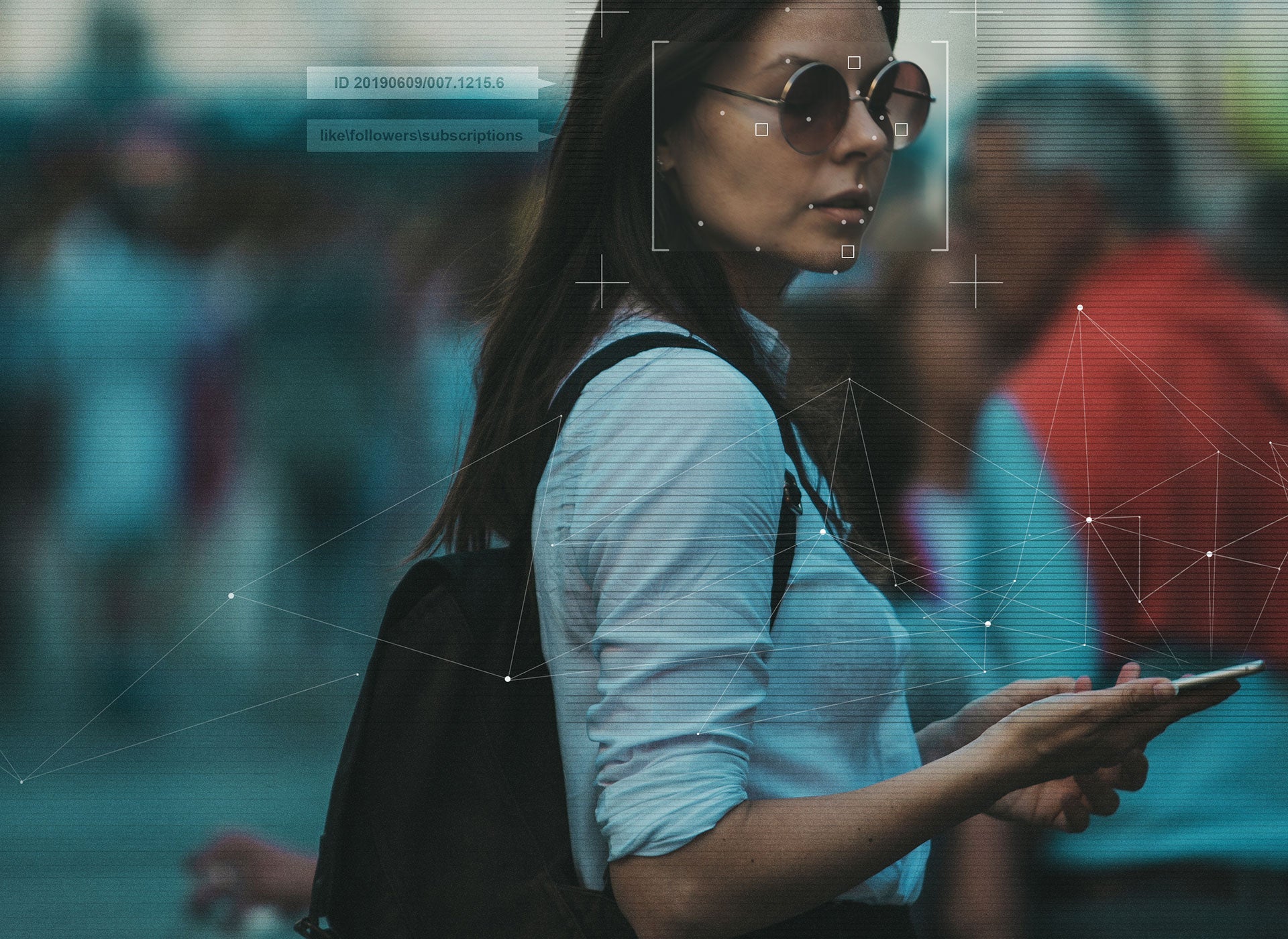
The use of live automatic facial recognition by South Wales Police Force has been ruled unlawful by the Court of Appeal.
The judgement concerns the controversial trial of a system known as AFR Locate, which was deployed intermittently in Cardiff to detect the faces of members of the public between 2017 and 2019. It has thought to have captured facial biometric data of around 500,000 people since its initial deployment.

Access deeper industry intelligence
Experience unmatched clarity with a single platform that combines unique data, AI, and human expertise.
A case was brought against South Wales Police by Ed Bridges a member of the public whose biometric data was captured by the system while out Christmas shopping.
While it was deemed lawful in a High Court ruling in September 2019, the Court of Appeal granted permission for an appeal, which today has been upheld.
The decision was made on the grounds that the South Wales Police’s infringement on Bridges’s rights was not in accordance with the law, that the force did not conduct and adequate data protection impact assessment and that it did not comply with the Public Sector Equality Duty. This requires public authorities to consider how their policies impact those protected against those protected under the Equality Act.
Insufficiently broad training data means that at present much of the facial recognition technologies that are deployed are biased against women and people of colour.

US Tariffs are shifting - will you react or anticipate?
Don’t let policy changes catch you off guard. Stay proactive with real-time data and expert analysis.
By GlobalDataThe ruling stated that South Wales Police “have never sought to satisfy themselves, either directly or by way of independent verification, that the software program in this case does not have an unacceptable bias on grounds of race or sex”.
Automatic facial recognition ruling welcomed by campaigners, but will ban follow?
The decision has been met with enthusiasm from both Bridges and the human rights organisation Liberty, which provided legal counsel.
“I’m delighted that the Court has agreed that facial recognition clearly threatens our rights,” he said.
“This technology is an intrusive and discriminatory mass surveillance tool. For three years now South Wales Police has been using it against hundreds of thousands of us, without our consent and often without our knowledge. We should all be able to use our public spaces without being subjected to oppressive surveillance.”
Liberty lawyer Megan Goulding added that it was “a major victory in the fight against discriminatory and oppressive facial recognition”.
“The Court has agreed that this dystopian surveillance tool violates our rights and threatens our liberties,” she said.
“Facial recognition discriminates against people of colour, and it is absolutely right that the Court found that South Wales Police had failed in their duty to investigate and avoid discrimination.”
The question now is whether this ruling will pave the way for a full ban of automatic facial recognition in the UK, given that it is also in use by the Metropolitan Police, among others.
Goulding argues that a complete ban of automatic facial recognition is necessary.
“It is time for the government to recognise the serious dangers of this intrusive technology,” she said.
“Facial recognition is a threat to our freedom – it needs to be banned.”
Read more: Facial recognition applied to social distancing, mask control







